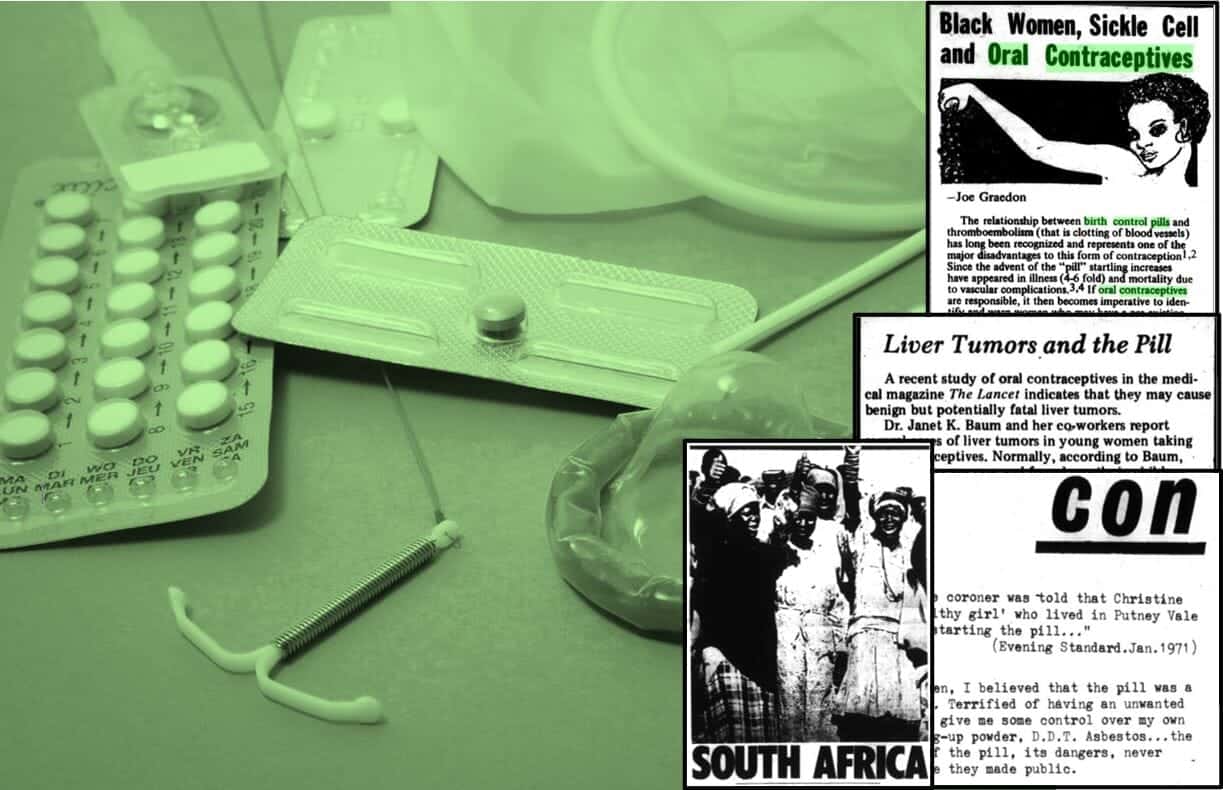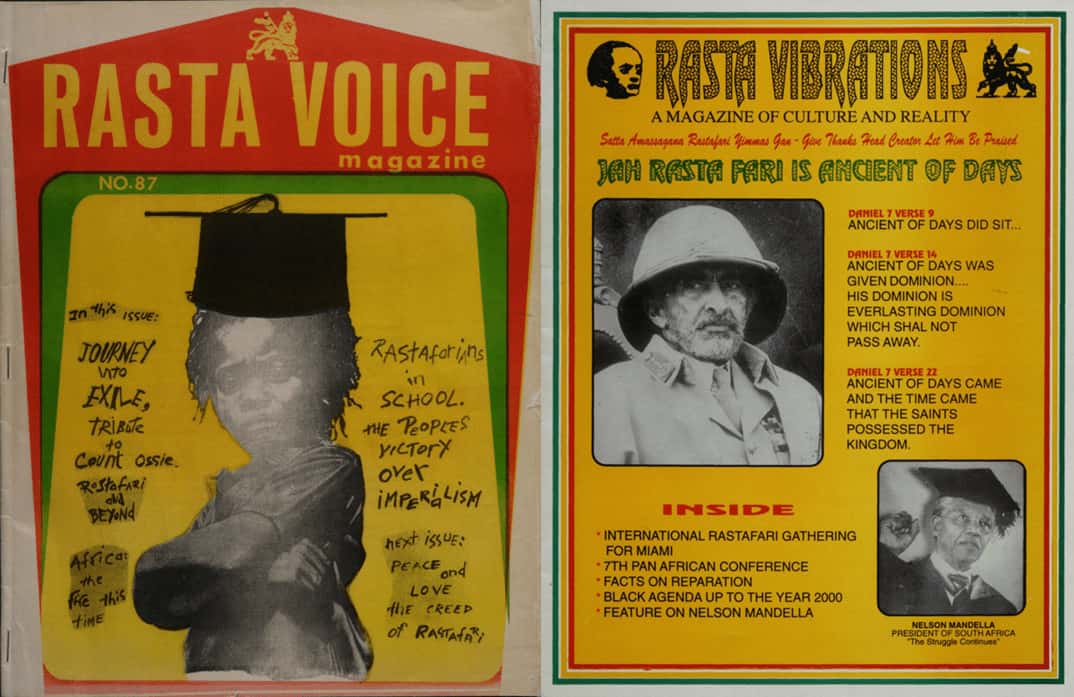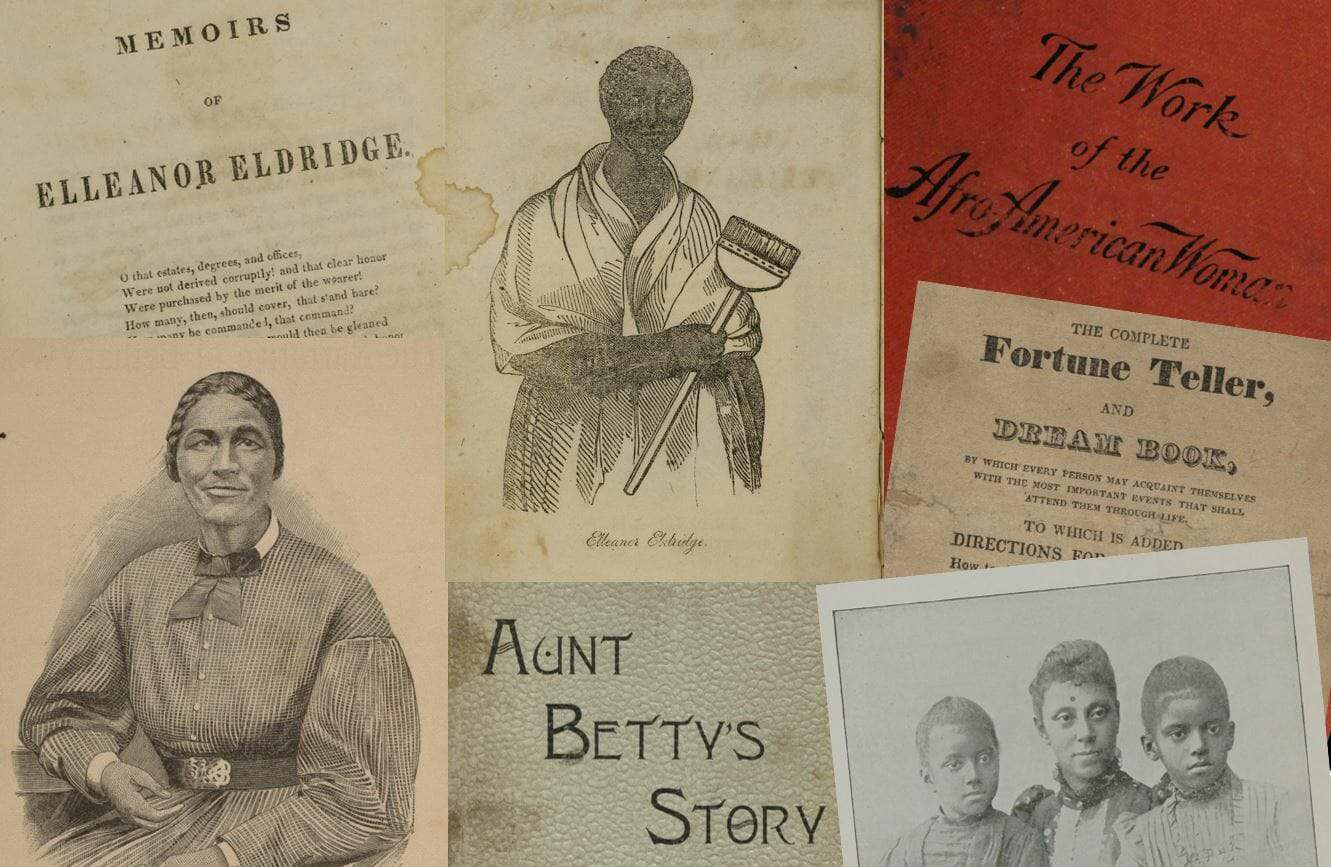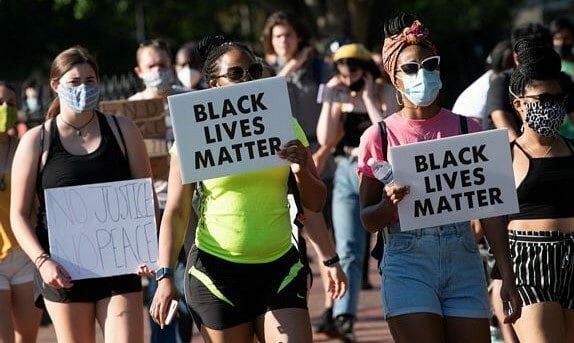| By Robert Youngs do Patrocinio, Gale Ambassador at University College London|
This post will focus on raising awareness of the Rasta struggle to practise their religion, principally using Gale’s Archives Unbound collections, an extensive database of primary sources included in Gale Reference Complete that many university students such as myself can utilise when conducting all types of research. It currently comprises 382 collections (more are added each year), and includes a compelling collection titled: Rastafari Ephemeral Publications from the Written Rastafari Archives Project. The Rastafarianism movement can be traced back to its beginnings in 1930s Jamaica and its strong connections with the coronation of the Ethiopian Emperor Haile Selassie (1930) who remains a principal figure in the Rastafarian religion. As the political cartoon below illustrates, the Rasta faith is rooted in an ideology which believes that Africa is paramount to black individuals obtaining freedom and escaping their physical, spiritual, emotional and historical oppression and struggle against slavery. As a religious belief system, I think that it is important to become mindful of Rastafari traditions and invest time in accessing elements of this culture, due to the significance of its relationship to the black experience and post-slavery trauma.
Read more





